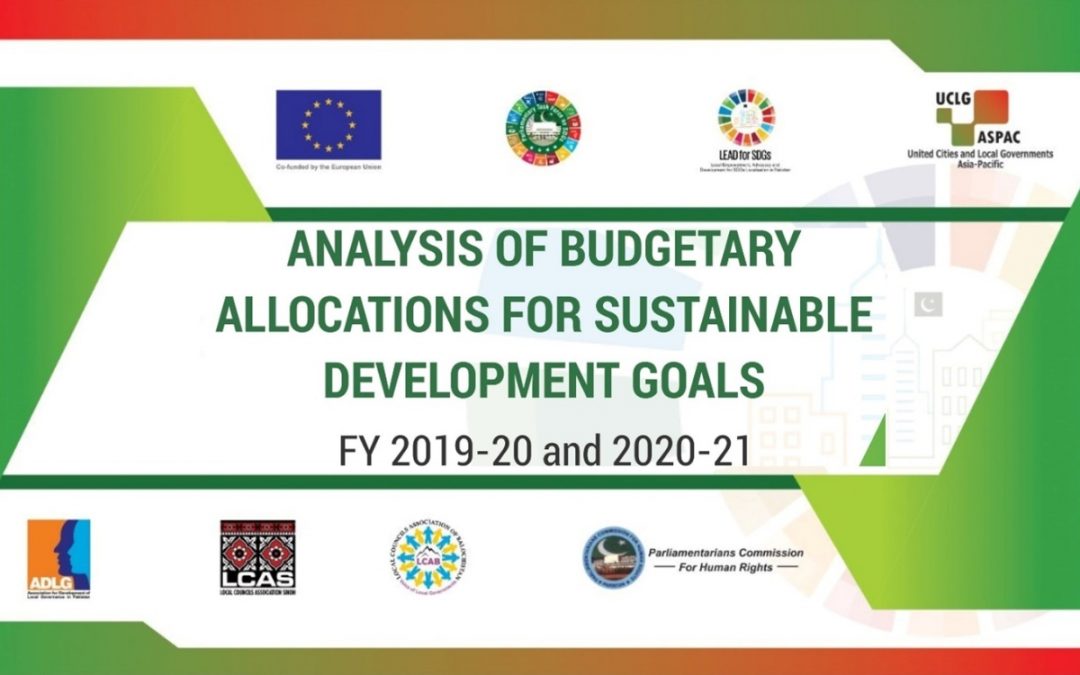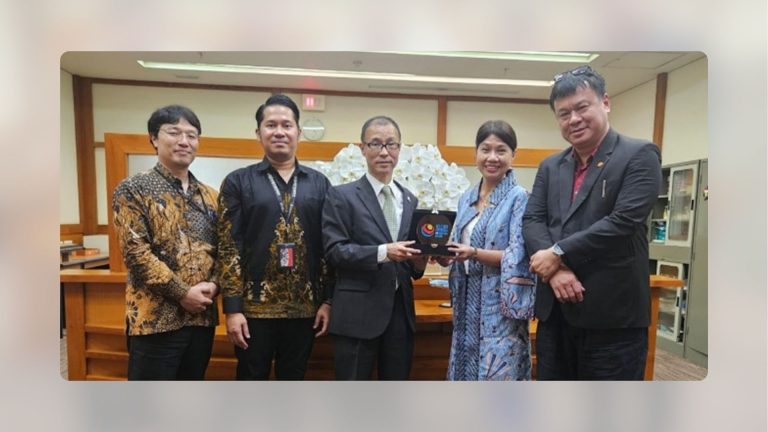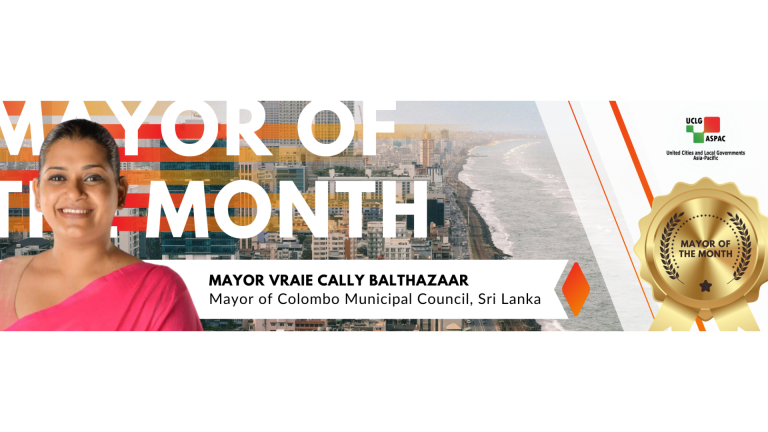ONE of the key result areas under Local Empowerment, Advocacy and Development (LEAD) for Sustainable Development Goals (SDGs) Localisation in Pakistan programme funded by the EU Pakistan is to conduct empirical researches aimed at informed planning and development in line with the SDGs in Pakistan. The project identified that there are very few SDGs related action-based researches available in Pakistan, particularly on local SDG-related development issues.
In this regard, the LEAD for SDGs programme partnered with the National Parliamentary Taskforce on SDGs and Parliamentarians Commission for Human Rights to conduct a research study titled, “Analysis of Budgetary Allocations for SDGs (Financial Year 2019-20 & -2020-21)”. The study provides evidence on how far the federal and provincial governments take into account SDGs while preparing their annual budgets. It also puts light on the change of government’s priorities with regards to SDGs amidst of COVID-19 Pandemic. The budgetary analysis study utilised the data of budget documents of Federal and Provincial Government departments for the fiscal years 2019-20 and 2021-21 to assess the resource allocations to different SDGs. Hence, the study mapped allocations to SDGs based on the official definition of SDGs and their targets.
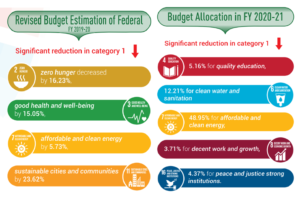 Quantitative Findings
Quantitative Findings
Some key quantitative findings of the study highlight significant reductions in the revised allocations to SDGs in the financial year 2019-20 and 2020-21. A substantial decrease has been noticed in the revised estimates of budgetary allocations for SDGs at the Federal and Provincial levels during the financial year (FY) 2019-20. The report also declares that the budget estimate of 3/4th of the SDGs was declined during the revisions in FY 2019-20.
Overall, the federal government lessened the budgetary allocations for all SDGs in FY 2019-20 by 3.94%, showing a cumulative decrease of approximately 50%. Moreover, around 50% of SDGs received fewer resources in FY 2020-21 compared to FY 2019-20. Regarding provincial budgetary allocation to each SDG in FY 2019-20, it is revealed that the Punjab government dropped its spending by 19.15%, KPK by 12.82%, Sindh by 40.56% and Balochistan by 8.73%.
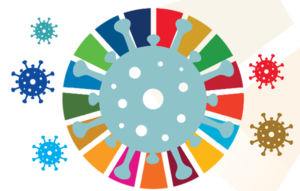 COVID-19 affected SDGs allocations by 1/9th in Punjab, 1/5th in Khyber Pakhtunkhwa, 4/5th in Sindh and 3/4th in Balochistan, the report says. Moreover, the study informs that the pandemic has most affected seven SDGs in Pakistan that includes Zero Hunger, No Poverty, Clean Water and Sanitation, Affordable and Clean Energy, Decent Work and Economic Growth, Industry Innovation and Infrastructure, Climate Action.
COVID-19 affected SDGs allocations by 1/9th in Punjab, 1/5th in Khyber Pakhtunkhwa, 4/5th in Sindh and 3/4th in Balochistan, the report says. Moreover, the study informs that the pandemic has most affected seven SDGs in Pakistan that includes Zero Hunger, No Poverty, Clean Water and Sanitation, Affordable and Clean Energy, Decent Work and Economic Growth, Industry Innovation and Infrastructure, Climate Action.
Qualitative Findings
The qualitative findings elaborate that, the legal framework in Pakistan is complicated that requires simplification, devising sub-ordinate legislations and regular post-legislative scrutiny. It also claims that the 2030 agenda is an ambitious one and it is much more challenging to accomplish all the targets under each SDG given the limited resources. Moreover, lack of information is also a key stumbling block in the formulation of government policies and assessing the impact of SDGs interventions. To this end, the weak statistical capacity at national and sub-national levels is one of the biggest challenges in the timely collection, analysis and reporting of data related to SDGs. Although necessary coordination structures are largely developed, they need further improvement and standardisation, the report says.
Recommendations
In the conclusion, the study came up with a set of recommendations as below:
- A sustainable and effective local government system is required while aiming at the devolution of power. It will automatically ensure the effective delivery of SDGs being living at the grassroots level.
- There is a need to strengthen the institutional capacity and availability of funds to the relevant government departments that are contributing towards the achievement of SDGs.
- Post-legislative scrutiny should be introduced to review and amend the laws thus suggesting improvement in the existing laws and policies to make the systems more inclusive accountable, transparent, and efficient.
- Coordination structures could be improved via introducing civil services reforms.
- Since COVID-19 has adversely affected the 2030 Agenda, therefore, it is imperative to devise some innovative approaches to effectively deliver on public health and social protection initiatives.
As a result of this study, the LEAD for SDGs programme organised a policy dialogue aimed at enhancing the role of local governments in SDGs implementation, introducing SDGs aligned planning and budgeting at Provincial and Local Government levels and increasing data collection and reporting capacity at all level. The dialogue provided a platform to the policymakers, the executives, media, and civil society organisations to share their valuable recommendations for better and effective implementation and reporting of SDGs in the country. CLICK to read more about the policy dialogue.








